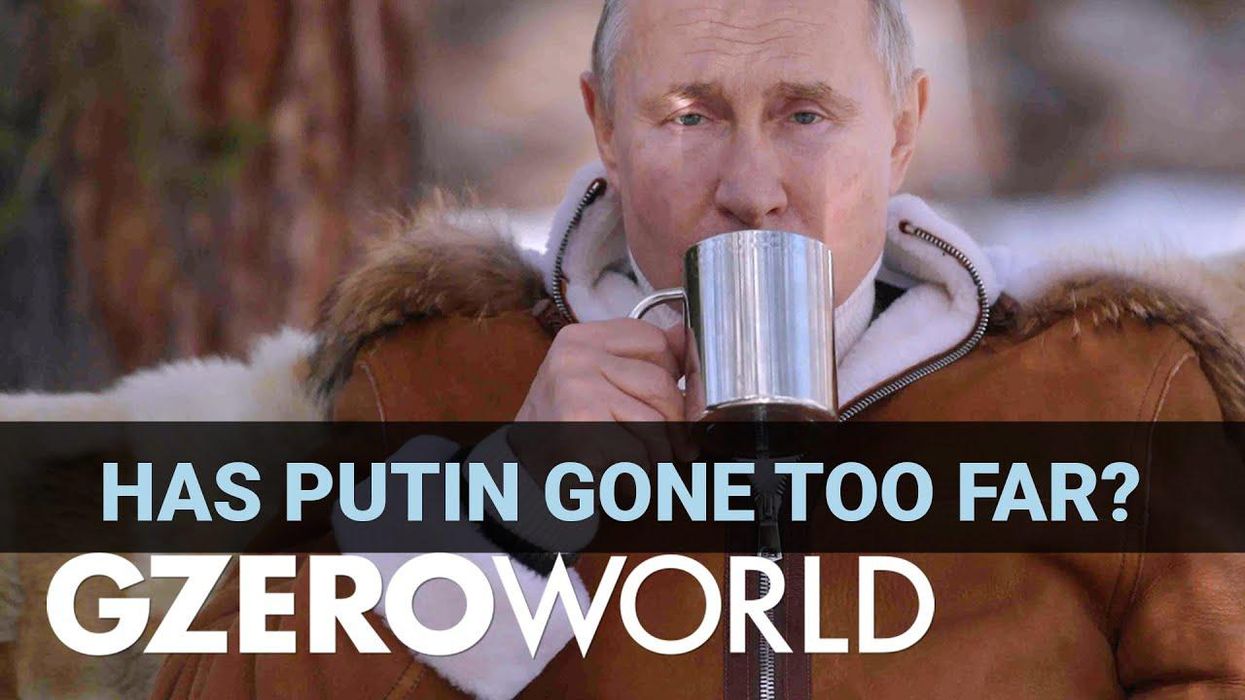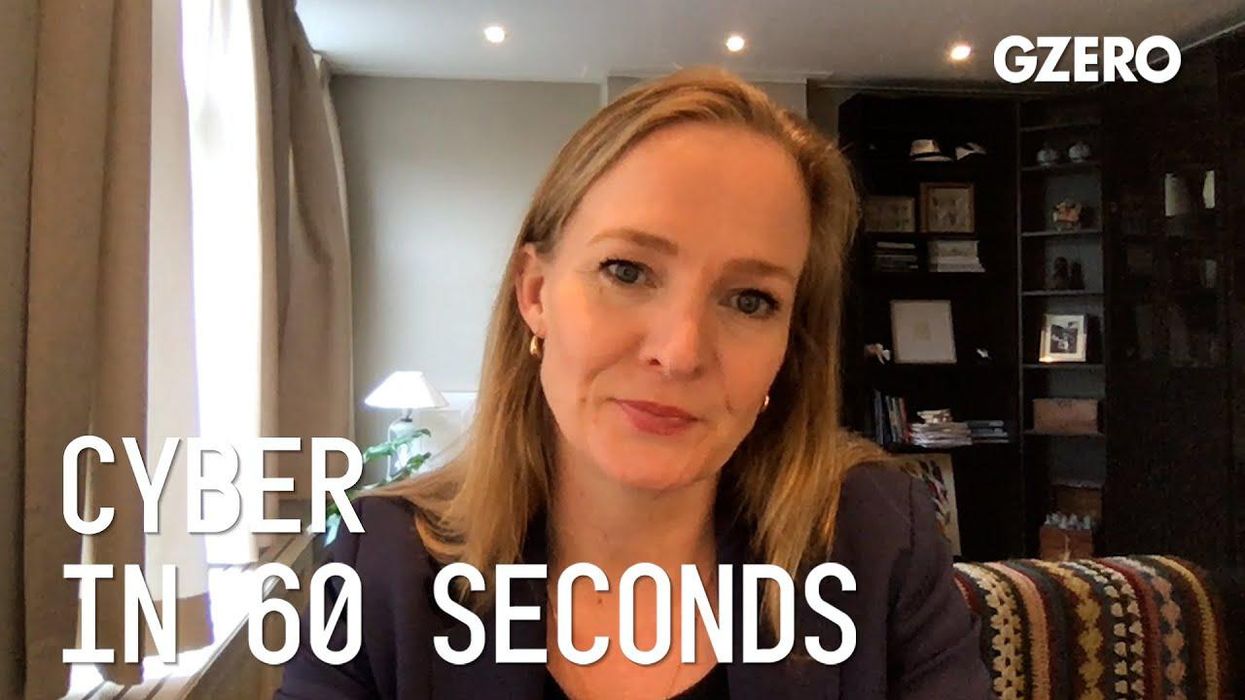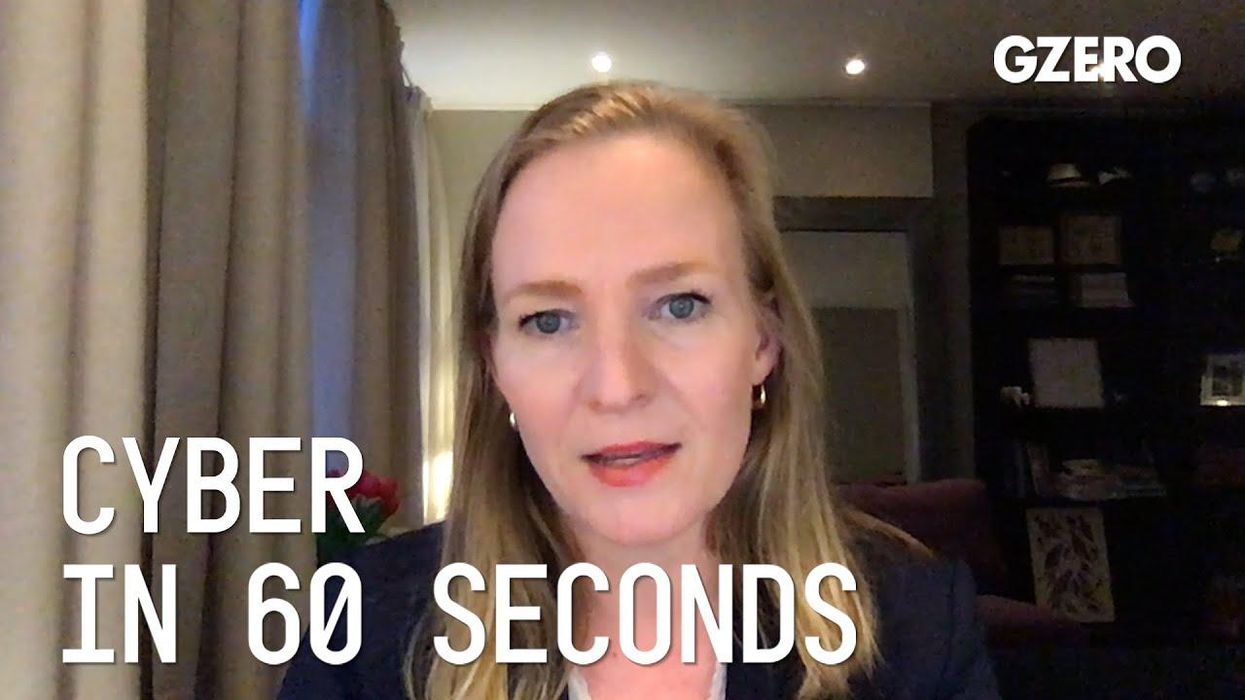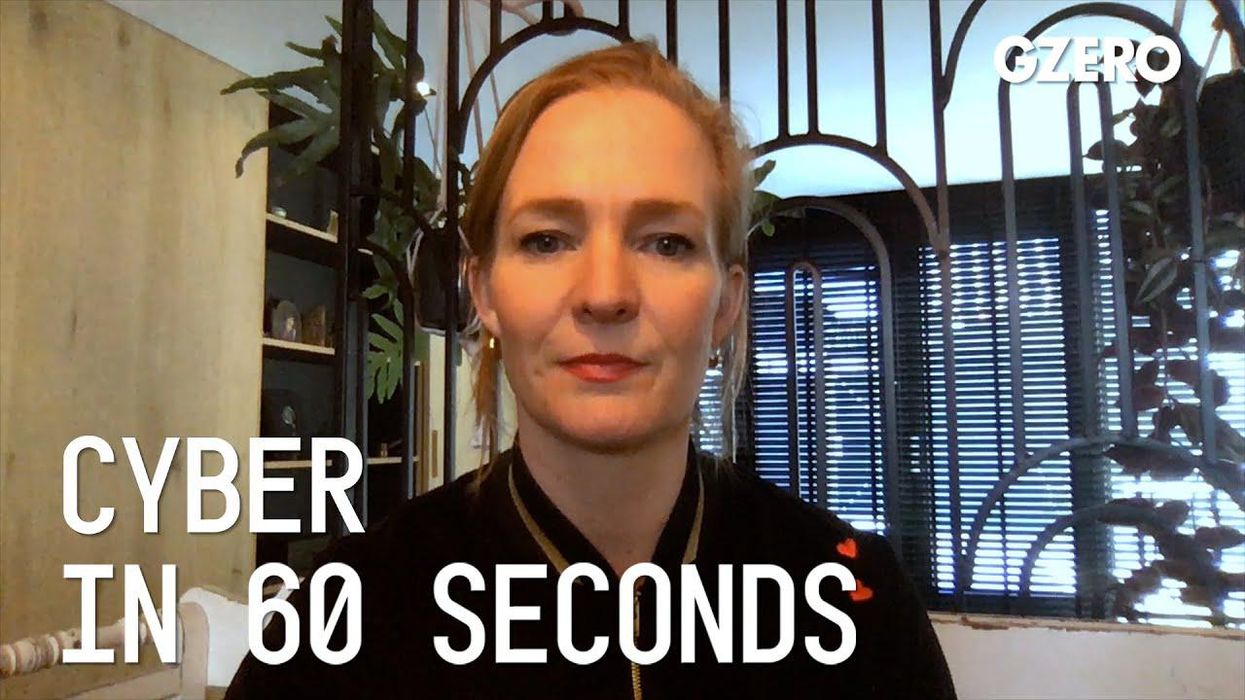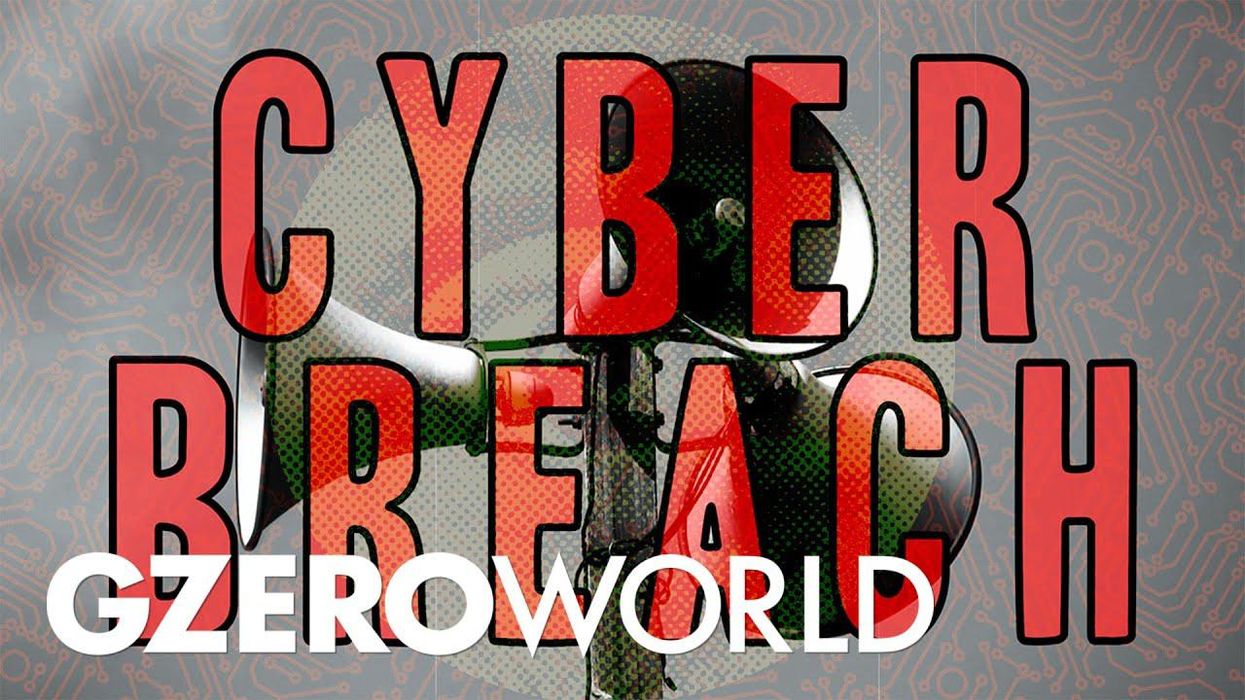GZERO World Clips
A Republican Congressman’s take on the "Russia threat”
US Congressman Mike Waltz suggests lethal aid to Ukraine as defense against Russian threat levels. Waltz, who served as an advisor to George W. Bush, thinks that the US needs to take a harder line when it comes to dealing with authoritarian regimes.
Apr 26, 2021
